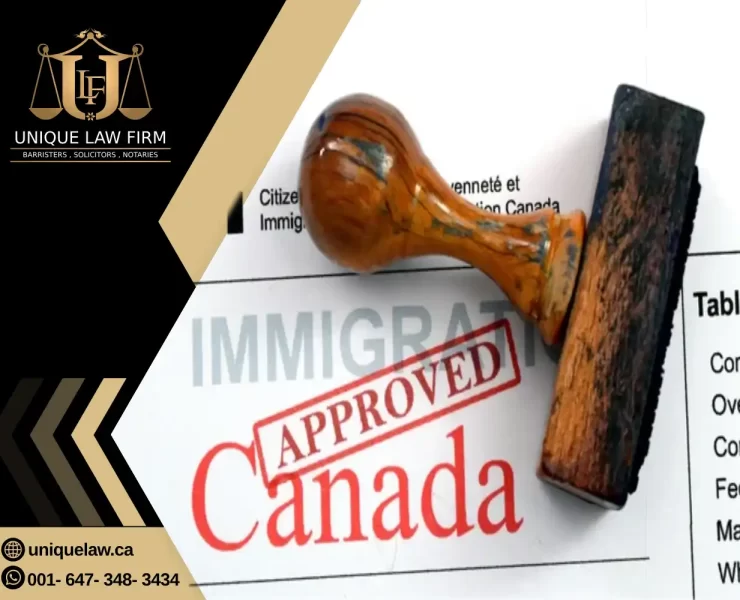Ensuring the Right to Visit Your Child: Legal and Professional Guidance
Divorce and separation can be challenging, particularly when children are involved. One of the most critical aspects is ensuring that both parents maintain a meaningful relationship with their child. This article provides legal and professional guidance on ensuring the right to visit your child and avoiding conflicts during divorce.
Understanding Parental Rights
- Both Parents’ Rights: In most jurisdictions, both parents have the legal right to maintain a relationship with their child post-divorce, provided there are no safety concerns. Courts generally favor arrangements that support ongoing contact with both parents.
- Best Interests of the Child: Courts make custody and visitation decisions based on the best interests of the child, considering factors such as the child’s age, health, emotional ties with each parent, and the parents’ ability to care for the child.
Establishing a Parenting Plan
- Comprehensive Parenting Plan: Creating a detailed parenting plan is essential to prevent conflicts and ensure smooth co-parenting. This plan should outline the visitation schedule, decision-making responsibilities, and procedures for resolving disputes.
- Legal Documentation: All agreements regarding custody and visitation should be formalized in writing and approved by the court to ensure they are legally binding.
Effective Communication
- Document Communication: Keep records of all communications with your ex-spouse regarding parenting arrangements. This documentation can be crucial if disputes arise.
- Focus on the Child’s Needs: Communication with your ex-spouse should always prioritize the child’s needs and best interests. Avoid discussing court matters or conflicts with your children to protect their emotional well-being.
Read more : Ensuring the Right to Visit Your Child: Divorce in Canada uniquelaw
Utilizing Mediation and Professional Support
- Mediation: Mediation is a valuable tool for resolving family disputes amicably without resorting to court proceedings. A mediator can help both parties reach a mutually acceptable agreement.
- Parenting Coordinators: High-conflict parents may benefit from a parenting coordinator who can assist in implementing and adhering to the parenting plan.
- Mental Health Professionals: Mental health professionals can provide support and guidance during custody disputes, ensuring the child’s well-being is prioritized.
Legal Considerations
- Court Orders: It is crucial to adhere to court orders concerning custody and visitation to avoid legal repercussions. If circumstances change, you can request a modification of the orders.
- Appealing Decisions: If you believe an error was made in the initial custody ruling, you can appeal the decision. Legal counsel can provide guidance on the appeal process.
- Custody Evaluations: In some cases, a custody evaluation may be necessary to determine the child’s best interests. This evaluation involves a thorough assessment by a qualified professional.
Handling Relocation and Changes
- Relocation Requirements: Relocating out of state with your child requires legal approval if you share custody with the other parent. Understanding the legal requirements for relocation is essential to avoid conflicts.
- Modifying Arrangements: Custody and visitation arrangements can be modified if there are significant changes in circumstances. Legal counsel can assist in filing for modifications.
Read more : Ensuring the Right to Visit Your Child: Divorce and children in Canada uniquelaw
Utilizing Technology: Co-parenting apps can help manage schedules and facilitate effective communication between parents, reducing misunderstandings and conflicts.
Grandparents’ Rights: In certain circumstances,grandparents may seek visitation rights, especially if they have a close relationship with the child. Legal support can help navigate these requests.
Prioritizing the Child’s Well-being
- Stability and Continuity: Prioritize stability and continuity for children during and after the divorce process. This approach supports their emotional and psychological well-being.
- Considering the Child’s Opinion: Depending on the child’s age and maturity, their opinion may be considered in custody decisions. Ensure that their views are heard and respected.
Collaborative Approaches
- Collaborative Divorce: Collaborative divorce is a less adversarial approach that promotes amicable resolutions and cooperation between both parties. This method can reduce stress and foster a more positive environment for the child.
- Legal Enforcement: If the other parent fails to comply with custody and support orders, legal channels can be used to enforce these orders and ensure compliance.
Conclusion
Ensuring the right to visit your child and avoiding conflicts during divorce requires a combination of legal knowledge, effective communication, and professional support. By understanding your rights and responsibilities, creating a comprehensive parenting plan, and utilizing mediation and legal counsel, you can navigate the challenges of divorce while prioritizing your child’s well-being. Trust in the legal process and seek professional guidance to achieve the best possible outcomes for your family.













